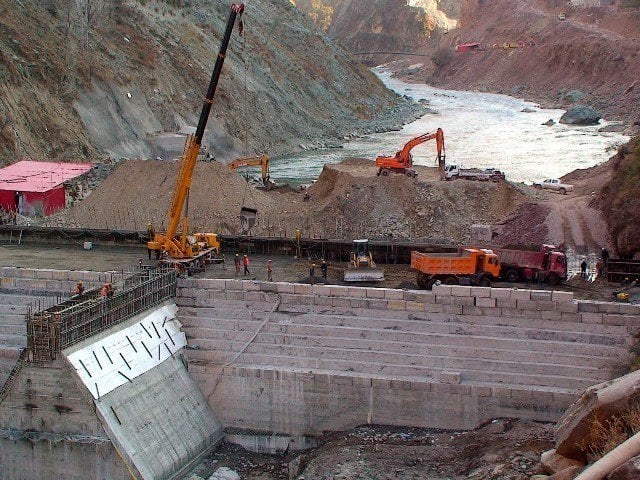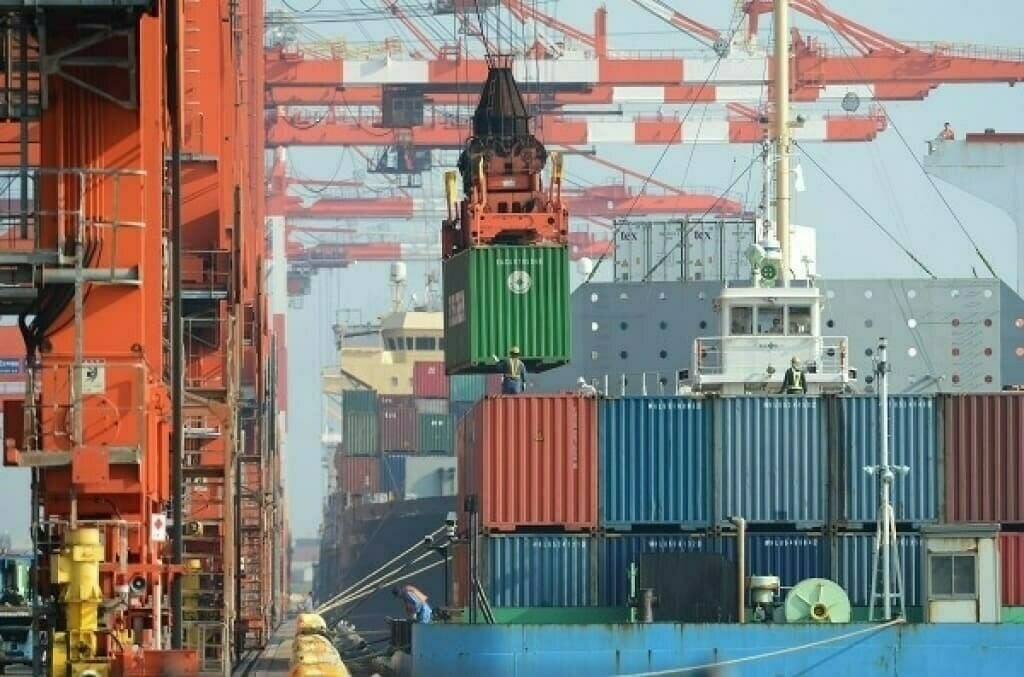PTBP Web Desk
The special court hearing the Toshakhana-II case involving former Prime Minister Imran Khan and his wife, Bushra Bibi, adjourned its proceedings on Wednesday, following a formal request made by the defence counsel. The hearing, which was taking place at Adiala Jail, will now resume on May 26, 2025.
Presiding over the case, Special Judge Central Shahrukh Arjumand granted the adjournment after being informed that the lawyer representing the defence could not attend the session due to prior professional commitments. The absence of the defence counsel meant the planned cross-examination of prosecution witnesses could not proceed as scheduled.
This development is the latest in a string of legal entanglements facing Imran Khan, the founding chairman of the Pakistan Tehreek-e-Insaf (PTI), and his spouse, Bushra Bibi, in connection to alleged misuse of gifts received through the state-managed Toshakhana system. The couple is already serving sentences in other related cases, and the Toshakhana-II proceedings are being closely watched by both legal observers and political analysts.
The Toshakhana—literally meaning “treasure house”—is a department under Pakistan’s Cabinet Division, responsible for the storage and regulation of gifts given to state officials by foreign dignitaries. Rules require that such gifts be reported and, depending on their value, either deposited with the Toshakhana or purchased at an officially assessed price.
The Toshakhana-II case specifically revolves around allegations of non-disclosure, undervaluation, and unauthorised sale of valuable state gifts by Imran Khan and Bushra Bibi during Khan’s tenure as prime minister. The National Accountability Bureau (NAB) has initiated investigations, and the Federal Investigation Agency (FIA) has also played a role in tracking financial records linked to these transactions.
According to court insiders, the defence team informed the court that the senior counsel handling cross-examination duties had other urgent court appearances to attend, making it impossible to proceed with the scheduled hearing. Special Judge Arjumand noted the importance of allowing the defence full opportunity to present their case and agreed to reschedule the hearing.
This postponement underlines the complicated nature of high-profile legal proceedings in Pakistan, where delays are frequent due to scheduling conflicts, the volume of pending cases, and the necessity to observe due process.
The Toshakhana cases—Toshakhana-I and II—have not only gained significant media attention but have also intensified political debate over accountability and transparency. Imran Khan, once hailed for championing anti-corruption rhetoric, is now defending himself against allegations involving luxury watches, jewellery, and other high-value items allegedly acquired improperly.
Bushra Bibi, who has maintained a low public profile throughout most of Khan’s political career, is also being directly implicated in the Toshakhana-II case, which adds another dimension to the ongoing legal narrative.
The delay in proceedings has sparked criticism from certain quarters, including PTI supporters who believe that the legal actions are politically motivated. However, legal experts argue that the postponement was procedural and within the court’s jurisdiction, designed to ensure that the defence is granted every opportunity for fair representation.
Earlier proceedings in the Toshakhana-I case had already led to significant penalties, with the Election Commission of Pakistan (ECP) ruling against Imran Khan for deliberate misstatements and concealment of assets. This ruling had previously resulted in Khan’s disqualification from holding public office—a decision that further fuelled tensions between the PTI and the current government.
Meanwhile, ongoing cases have prompted the Supreme Court and other institutions to call for greater scrutiny of the Toshakhana system, raising questions about the lack of transparency and inconsistent enforcement of rules.
The next hearing, scheduled for May 26, will likely feature the cross-examination of key prosecution witnesses, a stage considered crucial to the defence’s strategy. The testimony provided could heavily influence the court’s final judgement.
Legal analysts predict that more adjournments could occur, especially given the volume of documentation, witness testimonies, and media scrutiny surrounding the Toshakhana-II case. The outcome of this case could have lasting effects on Pakistan’s political landscape, especially as the country gears up for future elections.




